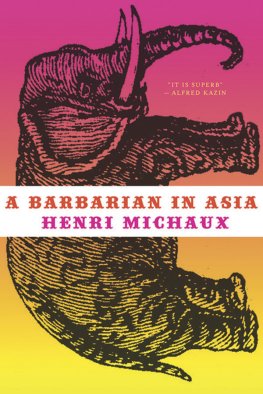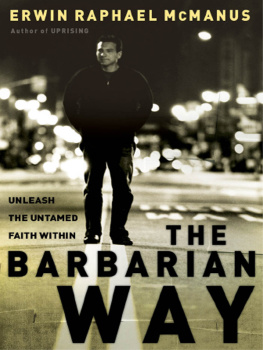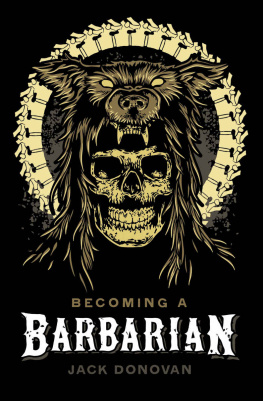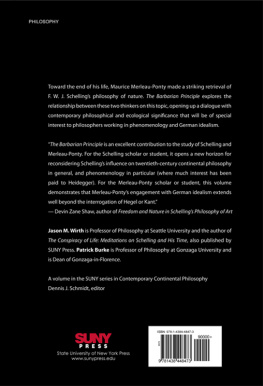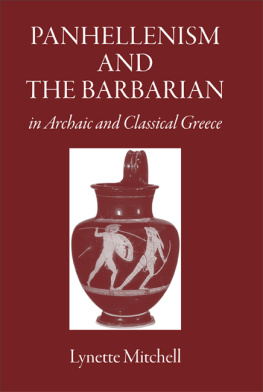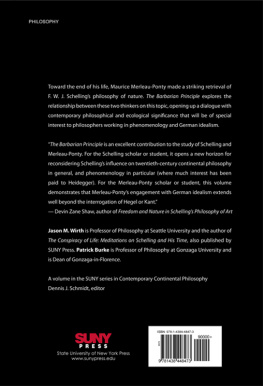
Bertrice Small
Zuleika and the Barbarian
Many centuries ago, there existed an ancient kingdom known as Dariyabar, which sat on the edge of the southern desert in the center of the road known as Silk. Its sultan was a good man with three strong sons, and a beautiful daughter who was called Zuleika.
My name is Fatimah. I am a storyteller by trade, and I sit just within the gates of fabled Baghdad telling my stories. Hear now, gentle listener, the tale of the princess Zuleika, and the barbarian, and of how together, although at the time he did not realize it, they save Dariyabar from the evils that threatened to engulf and destroy it.
Even the girl known as Sheherizade does not know this narrative, but I swear by all the gods known and unknown that it is true.
"You would give me to the barbarian for his harem?" said Zuleika, Princess of Dariyabar, disbelieving.
"It is the practical solution to our problem," her cousin, Haroun, said. "Your father, the sultan, agrees." He was a man of medium height with a too beautiful face, dark blue eyes, and curly black hair.
"I thought you loved me! It has been planned since our shared childhood that we marry," Zuleika responded.
"But it is no longer necessary that I marry you, dear Zuleika," he told her. "Your brothers are all dead. I am the only male heir your father has. Even without you I shall be the next sultan of Dariyabar."
"I never realized what a snake you are, Haroun," the princess replied, her voice suddenly cold. The Gods! What a fool she had been!
"You see, cousin," he continued, "I have the throne, and I shall be able to keep my favorite, Golnar, which I could not have done if I had married you. I need a more complaisant wife. I have chosen the vizier's daughter, Bahira. She is a pretty little thing, and will do precisely what she is told. You have never done what you are told, Zuleika, unless, of course, it pleased you to do so. I cannot have a wife who would attempt to rule Dariyabar through me. I need a wife who will be loyal, and never criticize. Bahira will suit me admirably."
"Have you told her that yet, Haroun?" Zuleika asked him dryly. Bahira was her best friend. They were like sisters. Haroun was very mistaken if he thought Bahira a meek little ewe sheep who would follow her lord and master without question. She must find a way to protect her friend!
"The time is not right yet for me to announce my choice of a wife. Not until you are safely ensconced within the camp of the barbarian, Amir Khan. I suspect he will be quite pleased to have the sultan's daughter for his new plaything, cousin." Haroun smiled broadly.
"But not as his wife?" Zuleika probed.
"This is not a negotiation we are having with Amir Khan," Haroun said. "You are a gift. One does not put conditions on a gift."
"You are a fool, Haroun, if you believe that by giving Amir Khan the sultan of Dariyabar's daughter he will pack up his armies and go away. Do you think he has been besieging us for three years so he might be given the gift of a woman?"
"They say that Amir Khan is an intelligent man. Surely by now he has come to realize he cannot take the city. Without the city, the rest of Dariyabar is useless to him. We make a great public presentation to the khan of the princess Zuleika, Sultan Ibrahim's only surviving child. A peace between us is inevitable under such a circumstance. We give him the means of saving face. He can depart without embarrassment, or shame. After all, cousin, no one has ever successfully besieged Dariyabar."
Zuleika swept her cousin a low bow. "I bow, Haroun, to your clever plan," she told him. Then she turned and left him in the sultan's gardens, knowing as she went that he wore a smug smile upon his too-handsome features. He was a fool! And she would make certain that he did not follow her father as ruler of Dariyabar. But she must work quickly for Haroun, she now realized, was a ruthless man. As soon as he had gotten rid of her, and made Bahira his wife, her father's very life was in jeopardy.
The sultan was a beloved ruler who had brought Dariyabar great prosperity by encouraging a ship-building industry that built merchant vessels that traversed the known world buying and selling luxury goods of every kind. They traded in ivory, gold, silk, and slaves, among other things. Their ships carried fine oils, wines, olives and grains. There was no one in Dariyabar who did not have a home, or food in his mouth each day, or warm clothing and shoes in the rainy season. Children were schooled to their abilities so they might be of use to Dariyabar one day, no matter the circumstances of their birth, or their parents' path in life.
But the sultan had married his only wife late in life because of this deep devotion to his homeland. It had been ten years before his sultana had borne children. But she had then birthed four in the next eight years. Sultan Ibrahim was now in his eighth decade of life. He had watched proudly as his three sons, Cyrus, Asad, and Jahi, had each in their turn sallied forth from Dariyabar at the head of their troops to defend their homeland. But each in his turn was slain, and returned upon their shields. Now he was left to mourn with his surviving child, for the sultana had died giving birth to that last babe, his daughter, Zuleika. The sultan drew his wool shawl about his narrow shoulders, and sighed.
His only male heir was his much younger half-brother's son, Haroun. Sultan Ibrahim had raised this nephew almost from birth for both his half-brother and his wife had disappeared from the palace one night, and were never again seen. It was a great mystery. Sultan Ibrahim had always planned for Haroun to wed his daughter, Zuleika, but now Haroun said that was impossible. Zuleika must be given to Amir Khan as a peace offering. Surely his nephew had Dariyabar's best interests at heart. Hearing a footfall, the old man looked up to see his daughter entering the garden courtyard.
Zuleika went to her father and knelt before him, taking his hands in hers and pressing them to her heart. "Good day, my father," she said sweetly to him.
"Get up, my daughter, and come and sit with me," the sultan said in his reedy voice. "Haroun has spoke with you, I can tell, for your eyes are stormy no matter that your mouth smiles at me."
Zuleika laughed, rose gracefully, and sat by her sire's side. "Haroun is not fit to rule Dariyabar, father," she began. "You know in your heart that his only interest in our land is the riches it can bring him. He will ultimately drive the people to misery." She sighed. "I will do what you desire of me, father. However, for my sake, as well as for the prestige of Dariyabar, I beg you that I go to Amir Khan as his wife, not his concubine. I am your daughter, and the daughter of a princess. I am not some slave girl!"
"Haroun says you are a gift, and we cannot attach conditions of any kind to a gift," the sultan said in a voice that indicated his confusion over the matter.
Zuleika realized then and there that it was useless to argue the matter further with her father. Haroun had convinced him of what lie must do, and being a male it was his word that would prevail over hers despite the fact her father loved her. Her facile mind was already forming a plan of action. "It will be as you wish, my father," she told him meekly. "But would you permit me a boon?"
"I will give you whatever you desire, my daughter," the sultan said, eager to please Zuleika under these circumstances. He had to trust his heir's judgment in this matter, and yet he was not certain he was really doing the right thing.
Next page



